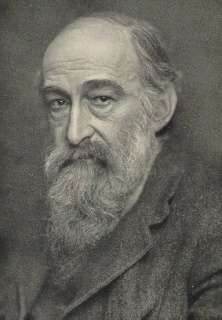A Quote by G. Edward Griffin
The same evidence that is convincing to one person may not convince another.
Related Quotes
If you will have a person enslaved, the first thing you must do is convince yourself that the person is subhuman. The second thing you have to do is convince your allies so you'll have some help, and the third and probably unkindest cut of all is to convince that person that he or she is subhuman and deserves it.
If you have a person enslaved, the first thing you must do is to convince yourself that the person is subhuman. And won't mind the enslavement. The second thing you must do is convince your allies that the person is subhuman so that you have some support. But the third and the unkindest cut of all is to convince that person that he, she, is not quite a first class citizen.
Is it possible, in the final analysis, for one human being to achieve perfect understanding of another? We can invest enormous time and energy in serious efforts to know another person, but in the end, how close can we come to that person's essence? We convince ourselves that we know the other person well, but do we really know anything important about anyone?
I was very struck by the fact that Colin Powell said he would produce evidence and then never produced it. Then Tony Blair produced a document of seventy paragraphs, but only the last nine referred to the World Trade Center, and they were not convincing. So we have a little problem here: If they're guilty, where is the evidence? And if we can't hear the evidence, why are we going to war?
I was very struck by the fact that Colin Powell said he would produce evidence of Osama bin Laden fault and then never produced it. Then Tony Blair produced a document of seventy paragraphs, but only the last nine referred to the World Trade Center, and they were not convincing. So we have a little problem here: If they're guilty, where is the evidence? And if we can't hear the evidence, why are we going to war?
A lot of people don’t just go ahead and try things. They’ll have an idea and they’ll say — they’ll convince themselves or other people will convince them that it can’t be done. You know, one or the other. Actually I think that the first is even more dangerous and more serious. It’s convincing yourself that it can’t be done.
That general warrants, whereby an officer or messenger may be commanded to search suspected places without evidence of a fact committed, or to seize any person or persons not named, or whose offence is not particularly described and supported by evidence, are grievous and oppressive, and ought not to be granted.

































